Bottom line: The death of the PC has been predicted just as many times as the year of the Linux desktop, but none of these has come to pass. Today, almost everyone has a smartphone and a large share of users also own a tablet, but the day when we can give up PCs entirely is still nowhere in sight.
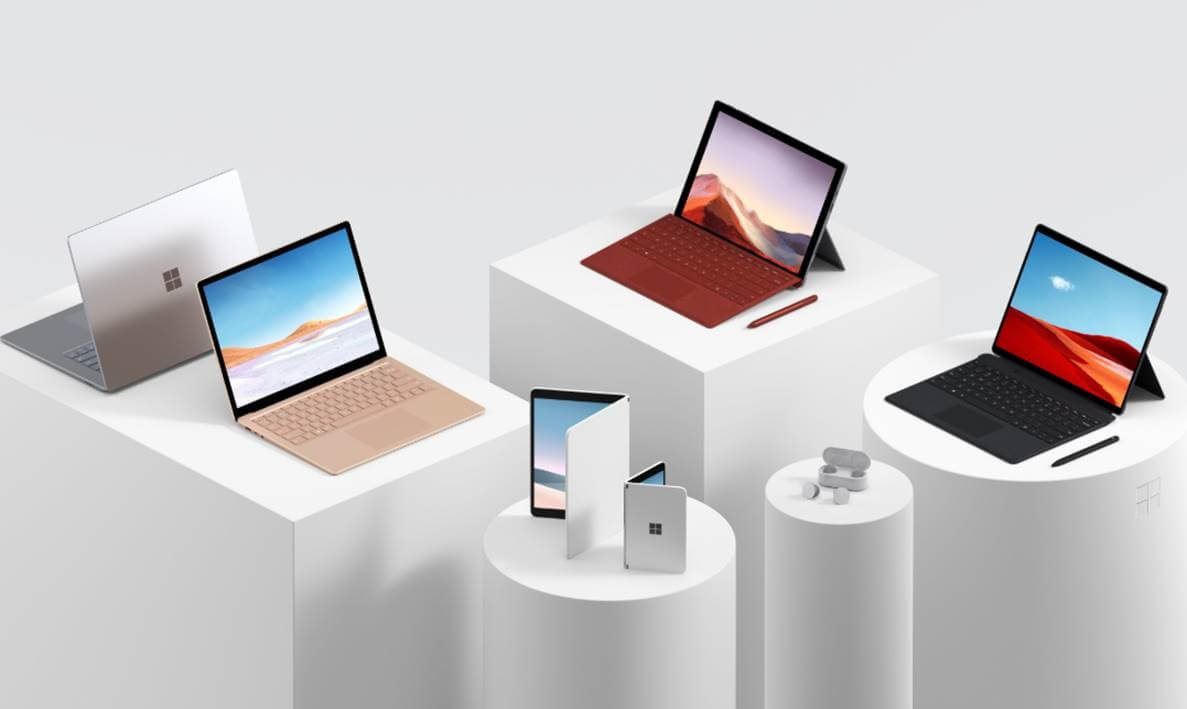
Over the last decade, many smart people have predicted the "end" and "death" of the PC, which would slowly become a rare sight when compared to the ubiquitous smartphones and tablets that would take over our digital lives.
One of the most famous predictions was that of Steve Jobs when he revealed the first generation iPad in 2010. He noted the tablet would gradually cannibalize the obsolete form factor PCs thanks to their natural, touch interface and simplicity. The thinking was that since many people don't need to do very complex tasks, a smartphone and a tablet would be enough to cover those needs.
By comparison, the PC was a bit too complicated, not quite as portable, and would become a specialized, high-powered tool that only the most demanding users would use on a daily basis. Jobs drew an analogy between digital devices and cars, explaining that PCs would be just like trucks -- still in use but not nearly as much as sedans. To be fair though, Jobs at the time was not only trying to be visionary but was upselling the audience, as he brilliantly did in most of his keynotes (see: reality distortion field).
But sometimes even smart entrepreneurs can be taken over by wishful thinking and tunnel vision. If we take Steve Jobs' prediction, he was not entirely wrong. PC sales have indeed slowed down considerably over the last decade, something that has been presented through numerous graphs and analyses.
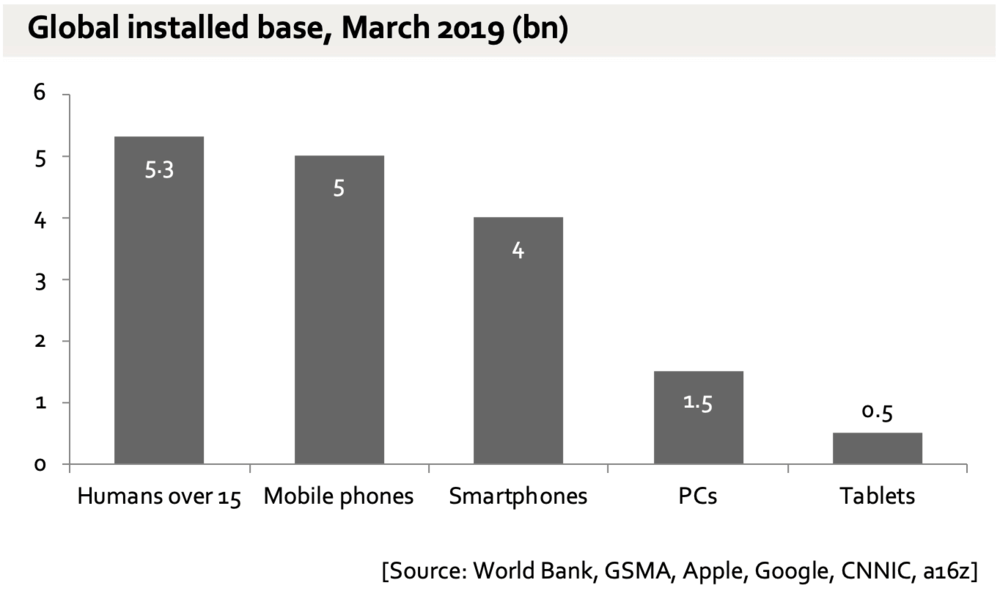
At the same time, smartphones have been selling like hotcakes, and while there are signs the market has finally matured, people keep buying new phones, albeit a little less often than before. There are an estimated 4 billion smartphones in use today, and all manufacturers except Apple are fighting for the last 1 billion people that still use a dumb phone.
Tablets, on the other hand, enjoyed a surge in shipments for a few years after the release of the first iPad, but their momentum slowed considerably once the trend of bigger smartphones kicked in. Amazon and others have tried to flood the market with cheap Fire tablets, Apple built its more powerful iPad Pro lineup, but none of these efforts brought the demise of PCs, and they don't sell nearly as well as some would have expected.
Almost ten years have passed since Steve Jobs unveiled the first iPad on January 27, 2010. And while PC shipments have gone down over the years, there are still around 250 million of them being sold every year, which is still a solid number that doesn't quite paint the picture of a dead market. Tablets, on the other hand, never reached that scale and annual sales have been in a constant decline for years.
There are several explanations that can be attributed to this result, and not one of them will suffice on its own. Still, it's worth looking at some of the possible reasons why PCs are not only not dead, but still a thriving and diverse ecosystem of devices that serve needs that are just as varied.
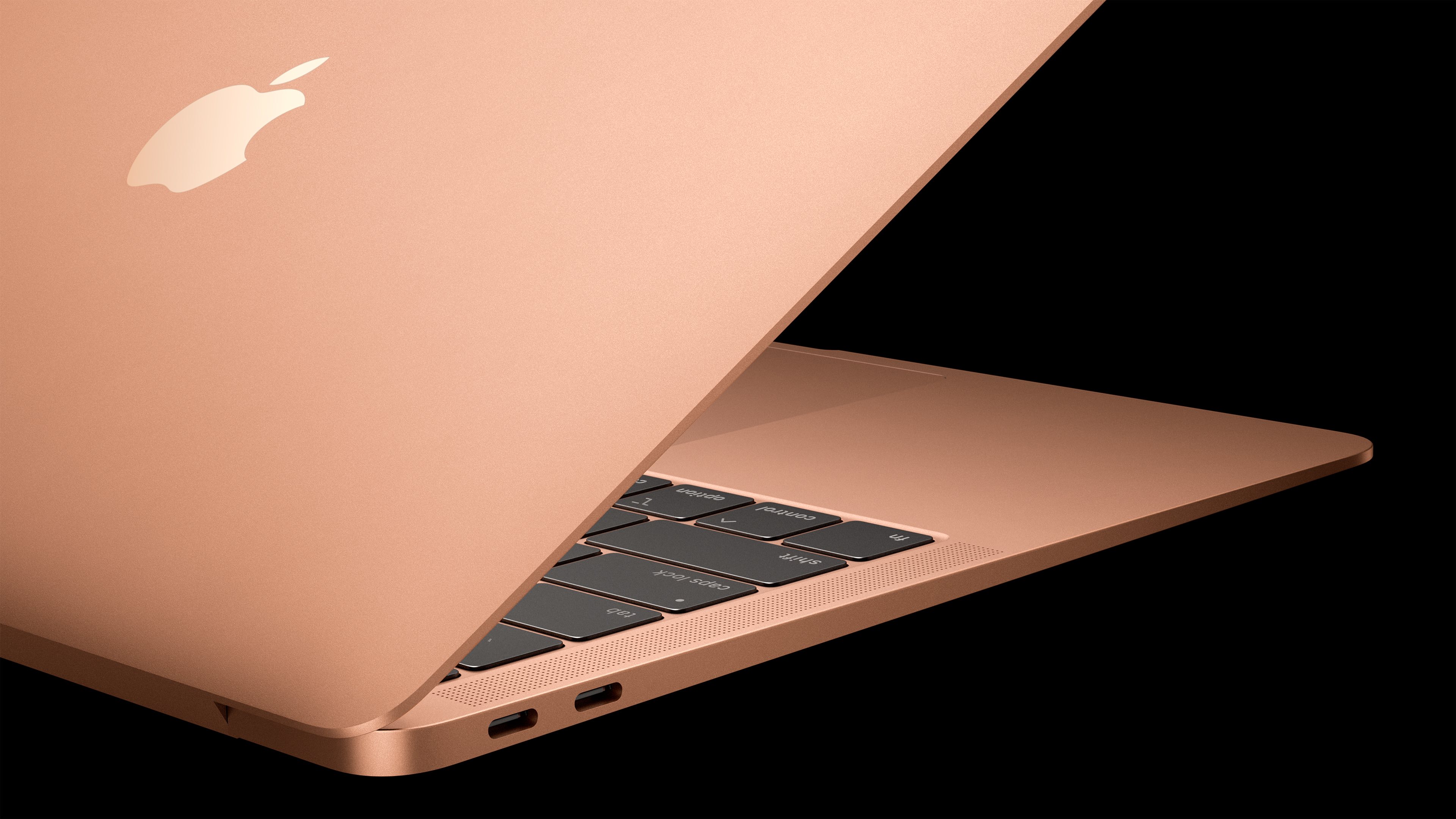
At the time when the iPad landed in stores, PC manufacturers were toying with new ideas to make computers more portable. One of the failed experiments of that era was the netbook, which was supposed to be the smaller sibling of the notebook computer but ended up being much worse in almost every aspect except portability.
The first Apple MacBook Air, however, served an undeniable source of inspiration for laptop manufacturers, who wanted to emulate the thin-and-light design and battery life, which they eventually did. Nowadays, even high-end gaming laptops are relatively thin, with Razer's lineup being a notable example, and you can get decent battery life with Microsoft's Surface Laptop or Dell's XPS 13 notebook, to name a few.
Mobile devices benefit greatly from the speed of flash storage, which makes the operating system and apps snappy and doesn't have any moving parts. Apple was the first to make solid state drives standard on all of its MacBooks, and most premium alternatives from PC manufacturers today also come with fast SSDs.
Microsoft has pushed aggressively against the "post-PC era" rhetoric with marketing that tried to skew that perception towards a different view that PCs would just evolve to new form factors that are "mobile first." Bill Gates was a big proponent of the idea that computers would eventually understand the context they're in using sensors, and be able to accept various forms of input like touch, pen, keyboard, and speech recognition.
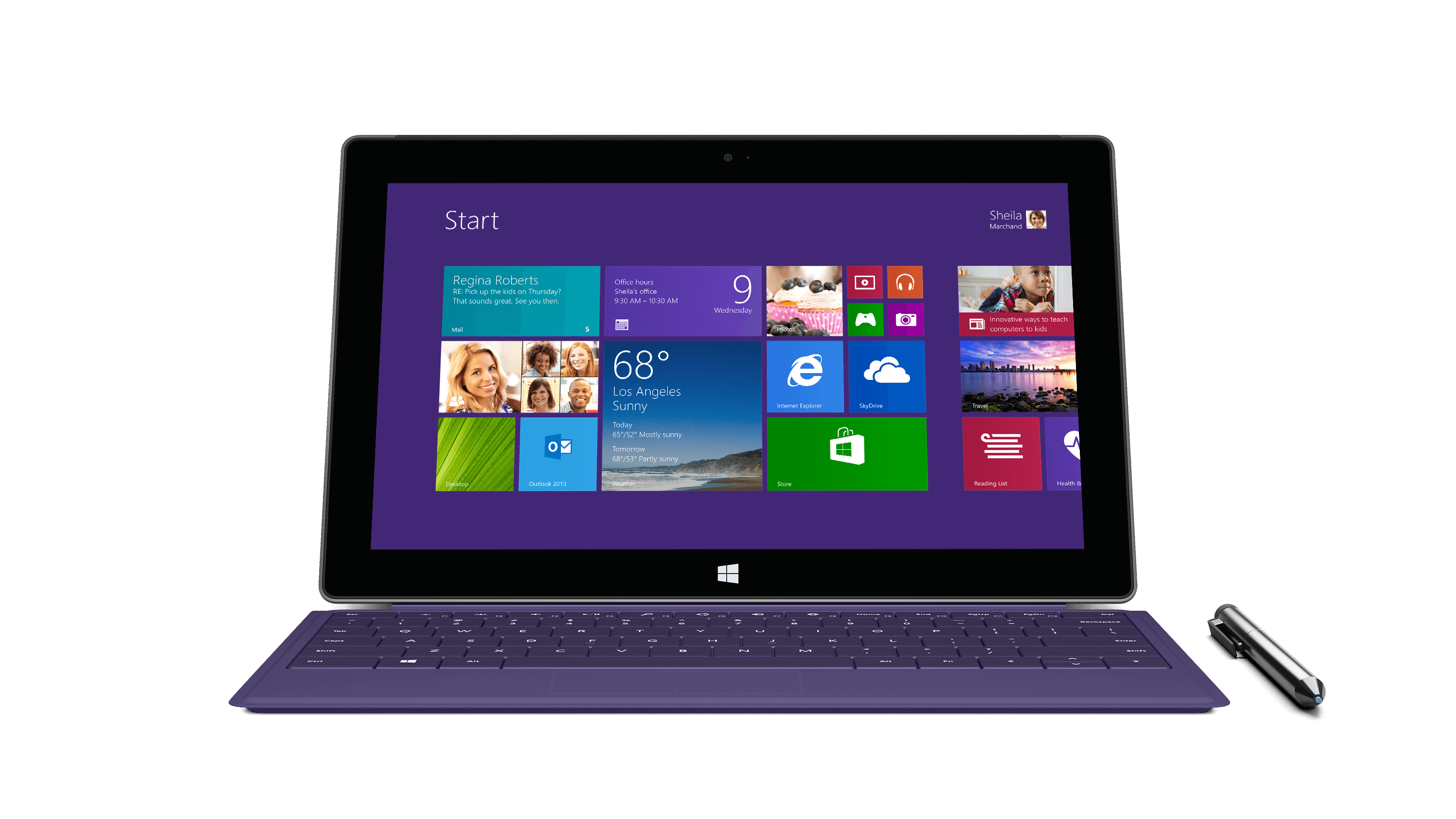
The Redmond giant pursued this vision with Windows 8 and its Surface 2-in-1s, and its many OEM partners were supposed to follow suit. However, Windows 8 was a radical divorce from the mature interface of Windows 7 and manufacturers were too slow to integrate touchscreens and pen input in their devices.
Eventually, Lenovo, Dell, HP, and others copied aspects of Microsoft's Surface family of devices and released "detachables," convertible laptops, and plenty of other devices that also support pen input. Apple has insisted it would never build a "toaster refrigerator" kind of device, but there's clearly a market for that.
Even Microsoft's biggest enemy, Google, has been pushing Chromebooks in education, which only added to the many options available on the PC market. Granted, they don't run nearly as many apps as Windows laptops, but they are low-price, low-maintenance and easier to manage, and that's why schools keep buying them.
Apple's MacBooks are still selling in millions of units per year, even after the company made several aspects of them worse. They have unreliable keyboards, minimal port configurations that often require dongles, and are notoriously difficult to repair. That said, people still can't give them up for a tablet, and they most likely never will.
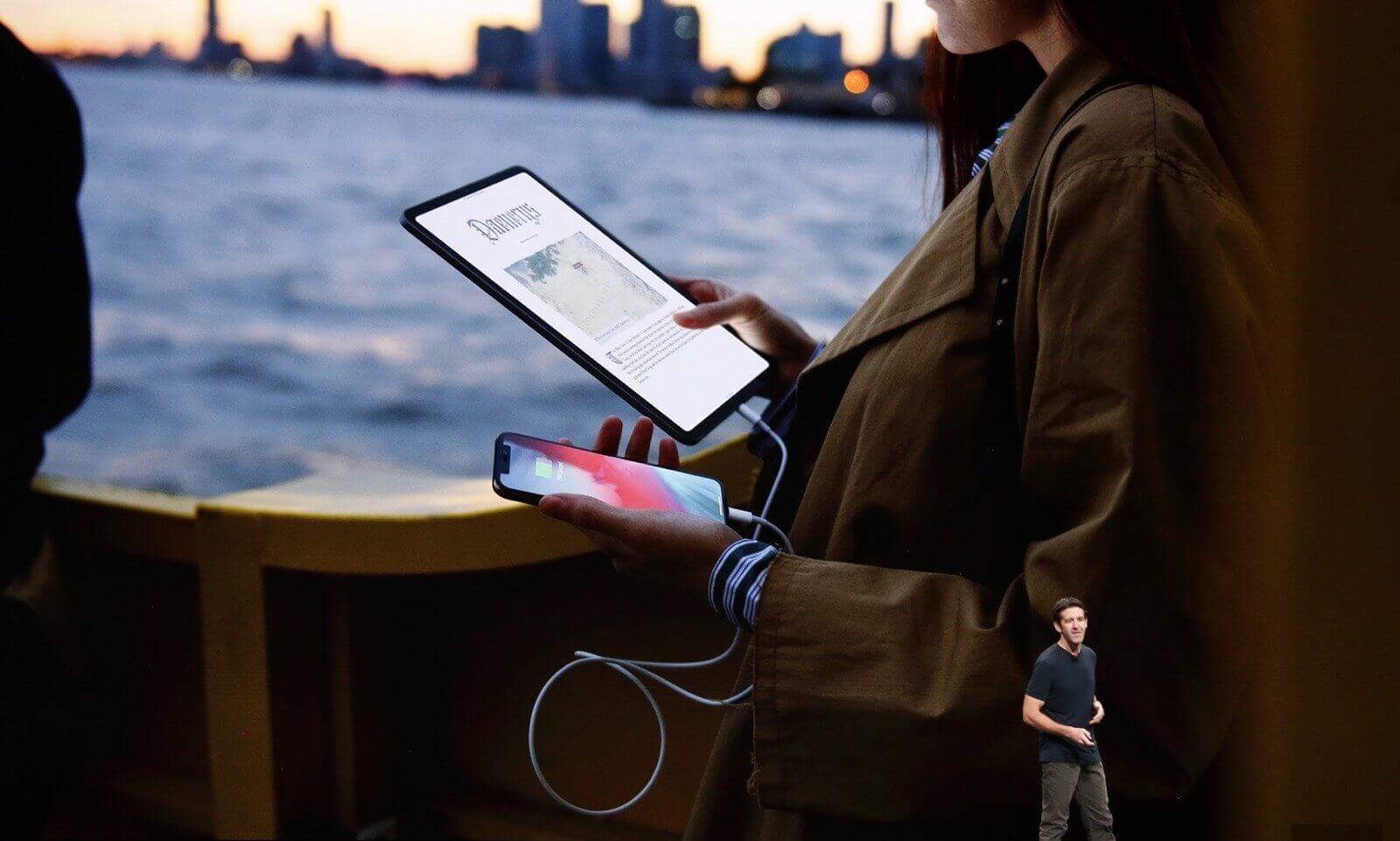
The company has tried to pitch the iPad Pro as a laptop replacement, touting its speedy hardware, big screen, pen input, and by creating several ads where it explains why its tablet should be seen as a full-fledged computer. However, it's expensive, has only one port, and the reviews from people that wanted to believe Apple's promises show the iPad Pro still fails their most basic tasks.
Today, most laptops feature fewer ports than they did ten years ago, but even Apple's MacBooks feature two or four USB-C ports. Some Windows laptops still offer an assortment of ports for Ethernet, USB-A, HDMI, and SD slots, which makes them an even better proposition for people who hate the idea of buying a bunch of dongles to satisfy their connectivity requirements.
The performance of the iPad is great for light tasks, but there is a reason why there are still around 100 million Macs in use - plenty of professionals and "prosumers" use them for demanding tasks like photo manipulation, video editing, computer-aided design (CAD), and multitasking. This typically requires a lot more than can be packed inside a tablet.
After Intel introduced its Core i9 CPU lineup, Apple and other laptop manufacturers have been quick to integrate them in their premium offerings, alongside 16 or more GB of RAM and GPUs for hardware acceleration.
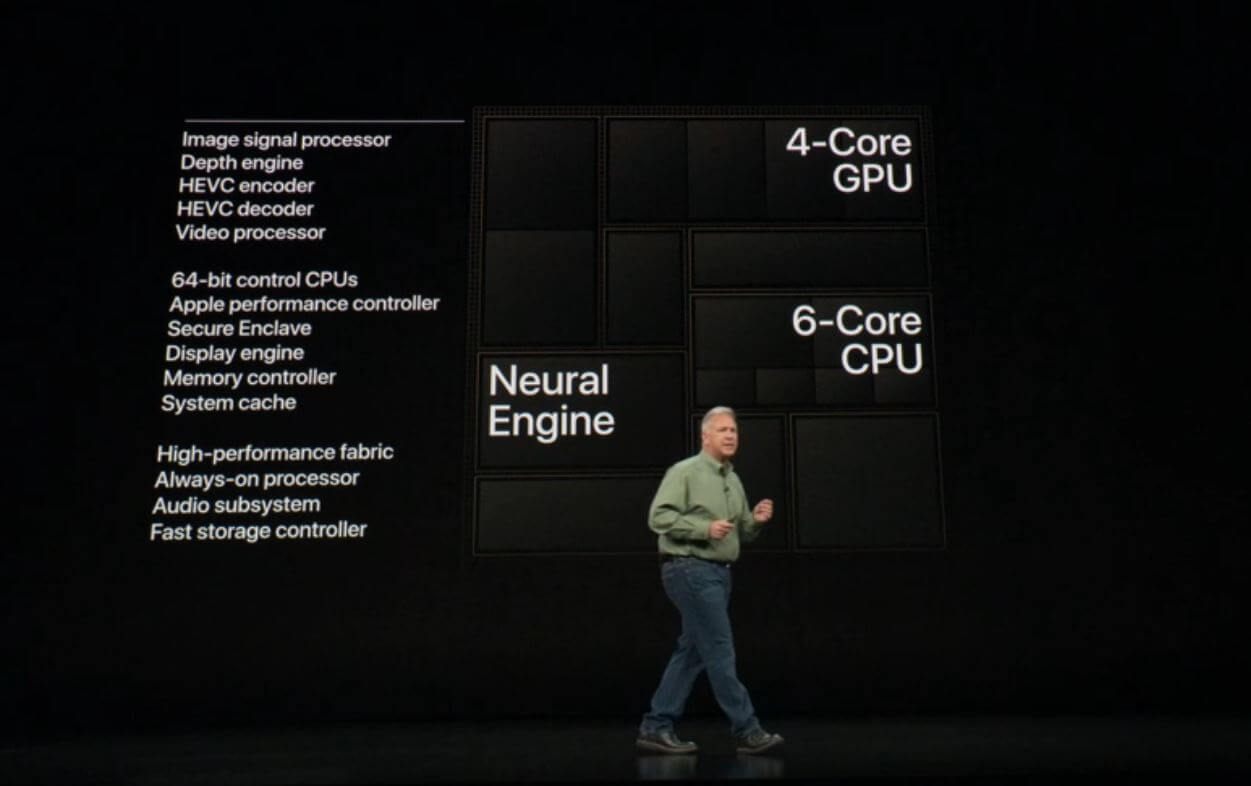
Even with all the advancements in ARM architecture, we still see Intel and AMD's CPUs powering many high-end machines. Microsoft's Surface Pro X is a great prosumer device, but its strong points are the 13-hour battery life and upgradeable SSD. Running something like Adobe Photoshop on it isn't ideal, while Microsoft's Office 365 suite will work just fine.
And this is even more evident with gaming workloads. Mobile gaming is very popular among casual gamers, which makes publishers like Ubisoft, EA, and Tencent - the world's largest game company by revenue - richer every year.
Still, many people want to play PC titles that offer vastly superior graphical fidelity, as well as precise mouse and keyboard input - which is especially useful in online multiplayer titles. And while the eSports phenomenon is controversial for good reasons, there's no denying that it's fuelling sales of gaming PCs and accessories. Universities around the world are starting to introduce eSports scholarships, and none of them involves gaming on tablets or smartphones.
There are an estimated 350 million iPads and 150 million Android tablets in the wild, for a total of 500 million tablets. By comparison, there are about 1.5 billion PCs in use today -- granted, many of them aren't equipped for gaming, but Steam alone has about 1 billion registered accounts, 90 million of which are active every month.
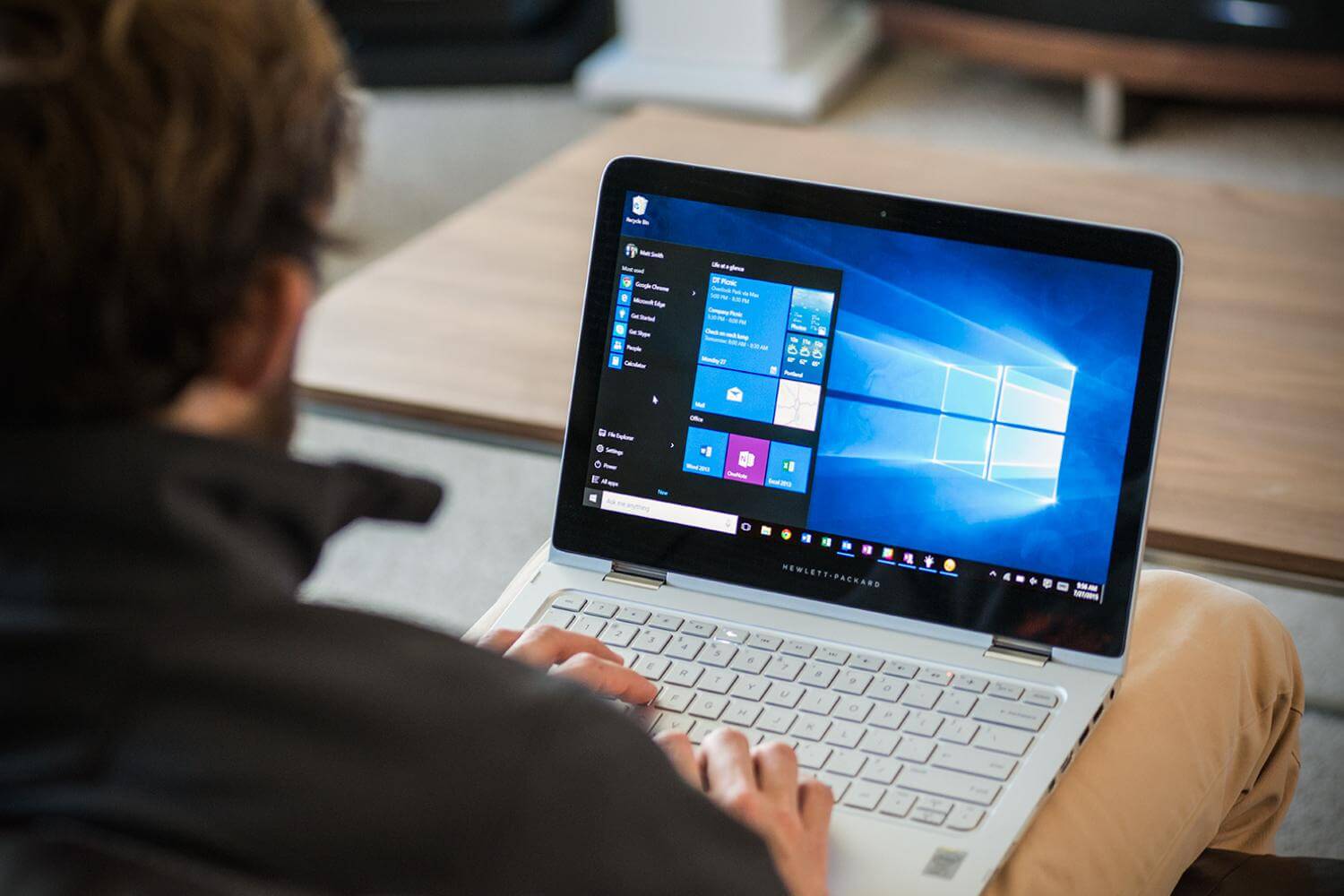
Of those 1.5 billion PCs, around 800 million run Windows 10. A significant chunk of the remaining 700 million were the subject of a poorly-received joke thrown by Apple marketing vice president Phil Schiller at a product event. He said that people using five-year-old PCs is "sad," which is ironic when you consider that people who buy Apple's MacBooks tend to keep them for quite a while longer than that.
Phil explained that an iPad would serve many of these people much better than a PC would, which may well be a true assessment. But that ignores a less-talked-about aspect of tablets - they don't last as long as a well-maintained PC, and even Apple's own estimated lifespan for its devices seems to confirm that notion.
Others, like A16z analyst Benedict Evans, have typically used numbers in a different way to make a case for the "death of PCs." One theory involves the idea of scale, and how every next-generation device eventually surpasses the last-generation device in terms of adoption, as it gradually evolves from a "toy" to a "tool".
Then there's the idea that devices are first created to fit the work that's being done on them, then the work changes to fit the tools, after which the cycle repeats. This is actually an interesting take on how software is what reshapes how we use devices, and what can really be done with different form factors.
But the software on tablets is far from perfect. If we take the iPad Pro, Apple has even forked iOS into iPadOS to focus on making multitasking and file management easier on the device. And through partnerships with companies like Adobe, it's been working to bring "real" Photoshop and Illustrator to iPad. That strategy has already backfired, and professionals have mostly negative things to say about the experience.
It could be argued that the power of the cloud and AI could bring new capabilities to smartphones and tablets that would render PCs truly obsolete. After all, that's what Microsoft, Google, and Amazon are all trying to do right now.
A notable example is Google's Stadia cloud gaming service, which promises to bring PC gaming to phones and tablets. However, reviewers are so far underwhelmed by the experience, which means the PC -- and by extension, consoles -- will still be the better option for those who are serious about gaming.
If we also think about VR and AR, the headsets are either PCs (like the HoloLens) or require to be tethered to PCs, like the HTC Vive. In any case, the most useful applications and games in the mixed reality industry still require the power of a PC. On mobile devices like tablets and smartphones, they typically drain the battery in under an hour.
This brings to mind another reasonable explanation why PCs are still alive: they have evolved into different form factors that cater to specific requirements. And there's still room for improvement, as is evident from Microsoft's announcement of Surface Neo, a dual-screen tablet with a folding keyboard.
With the Surface family of devices, Microsoft has proven that PCs are far from obsolete. The company has slowly been introducing new form factors which serve as aspirational designs that manufacturers can copy and improve. They vary in screen size and they all offer multiple forms of input: touch, pen, keyboard and mouse/touchpad.
With the HoloLens, Microsoft initially believed it had hit the jackpot on the next big thing. But during an interview with its creator before the debut of the second-generation HoloLens, it became apparent that this new kind of PC is something that will mostly live in specialized work environments, at least for the time being.
Google is leaving its tablet projects aside to focus on perfecting a new line of Chromebooks. And while that might have something to do with the poor execution with the Pixel Slate in 2018, it's also a sign that PCs will remain relevant for quite some time.
Apple reportedly pooled much of the Mac team's resources towards iOS devices starting in 2016, but after years of complaints from creators and power users, it has finally started to take them seriously again. The newly-released Mac Pro, Pro Display XDR and MacBook Pro 16 prove there are many people that depend on PCs to get things done.
In the end, it's true that today we divide our attention between more devices than just a PC, and our most "personal" computer is the one we hold in our pockets at all times. But after ten years, the prediction that PCs would be replaced by smartphones and tablets has proven mostly wrong. The foreseeable future of tech includes the PC, and even Apple's rumored AR glasses can do little to change that, whenever they arrive.
https://www.techspot.com/news/83094-pc-have-dead-now-but-somehow-alive-kicking.html